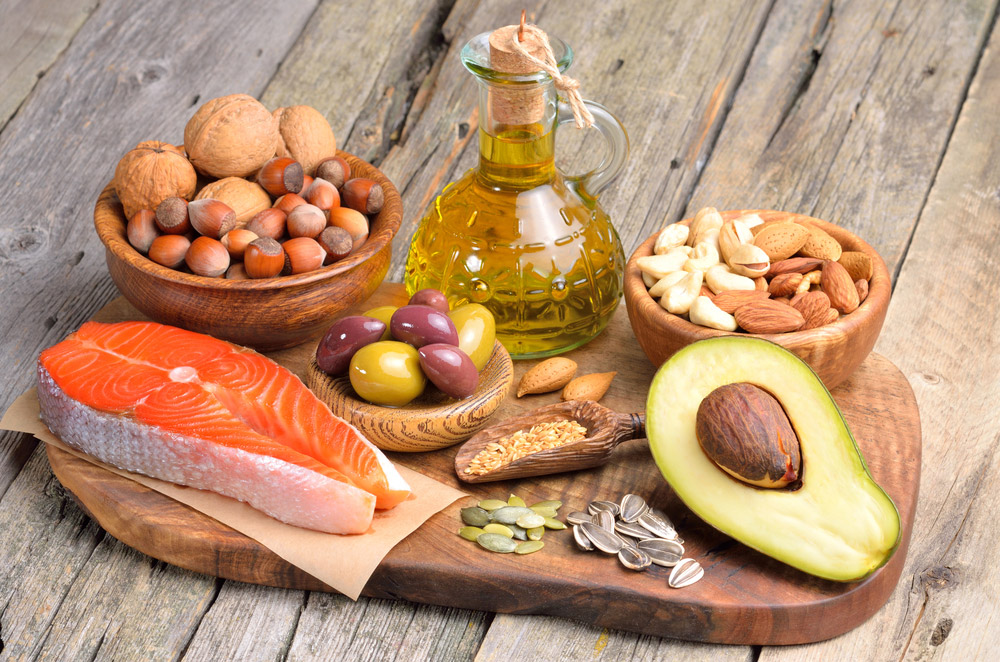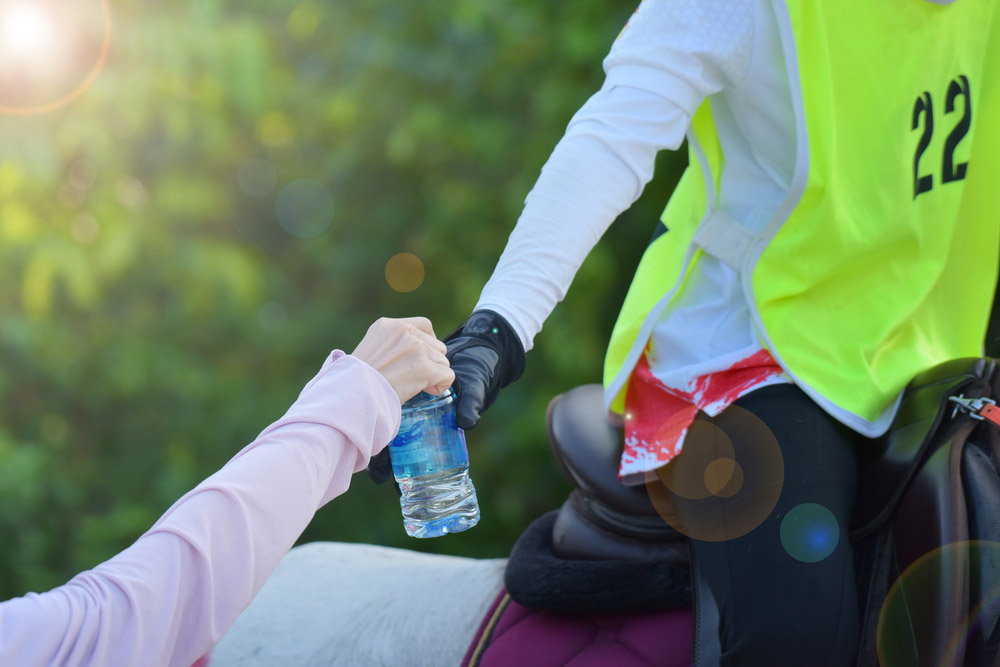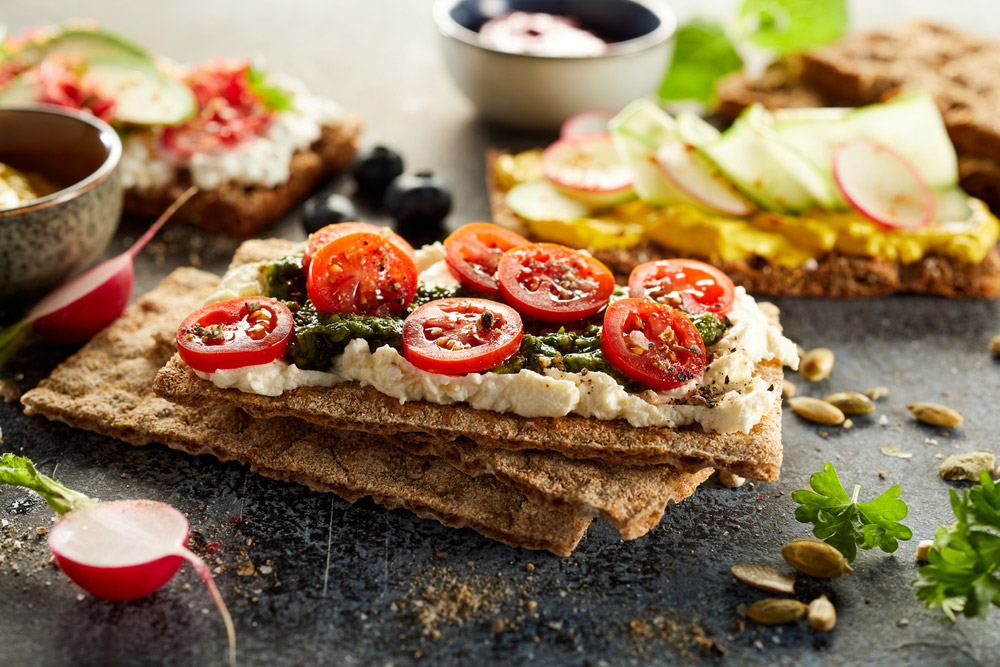If you are an equestrian rider, it is important to make sure that your equestrian diet supports your lifestyle. This article will introduce some helpful tips for what diet plan and nutrition to follow while riding a horse. Read on to find out about the best foods for taking care of yourself when you’re in the saddle.
The Ultimate Guide on Equestrian Nutrition
Protein
Protein is one of the most important nutrients for equestrian riders. It is necessary to help maintain and build muscle. This is especially important if you are in training. Lean protein sources such as chicken or fish work well. But make sure you avoid fatty cuts of meat. You can also get protein from plant-based foods like legumes, nuts, and seeds.
Make sure you add enough protein to each meal and snack. This can be tricky if you are on the go, but there are some easy ways to do it. A protein shake or bar is a life saver. So is yogurt or cheese. If you’re eating out, ask for a double portion of meat or beans. Alternatively, preorder meals from a weight loss food delivery in Miami near you.

Fats
Fat is another crucial part of your equestrian diet. You need healthy fats to keep you satisfied and provide energy for training sessions or competitions. It is also important to have the right fat balance in order to absorb nutrients from food efficiently.
There are both “good” fats and “bad” fats. So it’s important how much you get each day. Healthy unsaturated fat sources include avocado oil, olive oil, coconut and palm oil, nuts, and organic peanut butter. As well as seeds like flaxseeds, sesame seeds, sunflower seeds, and pumpkin seeds. Make sure they are fresh by checking their expiration dates regularly.
Bad saturated fatty acids can be found in red meat products. They contain lots of marbling (fat within the muscle). Another example is high-fat dairy foods such as whole milk, cheese, or butter.
Carbs
Carbs are another essential nutrient for equestrian riders. They provide energy for working muscles and help maintain blood sugar levels. Choose complex carbs with low GI like whole grains and vegetables instead of processed junk food. This will help to give you sustained energy throughout your ride rather than a sugar crash.
You should aim to include plenty of healthy carbs in your diet every day. So you won’t be feeling hungry for longer periods of time. You don’t need as much when you’re riding, but it’s still important to have some. Pick complex carbohydrates that will keep your body fueled for long periods of time. You should also be eating vegetables, but avoid potatoes or other high-starch foods when you are out horseback riding.
Fiber
Eating a diet rich in fibers will help you feel satiated for longer. It minimizes the need for between-meal snacks and prevents overeating at meal times. This is because fiber slows down digestion making your belly feel full even after eating small portions of food.
High dietary fiber foods include fruits (especially berries), vegetables (such as broccoli, Brussels sprouts, artichoke). As well as whole wheat cereal products such as pasta or rice that are high in complex carbohydrates. Fiber supplements can also be used to supplement diets lacking enough soluble fiber content. Some examples would be psyllium husk powder. It acts like a sponge by absorbing water. The powder swells inside the stomach before moving through the digestive system slowly. It works without being fully digested along the way.

Vitamins, Minerals, and Water
Fluids are key when it comes to staying hydrated while riding. Make sure to drink plenty of water before and after your ride. And if you’re competing, drink even more. Electrolytes are also important as they help maintain fluid balance in the body, which is crucial when working out. Sodium and potassium are two electrolytes that are lost in large amounts when sweating. Sports drinks or coconut water are excellent sources of electrolytes.
Choose healthy foods that are rich in vitamins and minerals to provide all the nutrients. These nutrients are essential for keeping your body functioning properly, both on and off the horse. Leafy green vegetables, such as spinach and kale, are great sources of vitamins A, C, and K. Brightly colored fruits and vegetables also provide antioxidants that help protect cells from damage. Berries, oranges, and bell peppers are all good choices for overall health.
Beef liver is an excellent source of vitamin B12 while salmon is high in omega fatty acids. If you’re not a fan of seafood or beef liver, there’s another way. Consider taking a fish oil supplement or multivitamin to ensure you’re getting enough nutrients.
6 Healthy Eating Habits to Follow While Riding
Follow these nutrition tips to become a healthy horse rider:
- Consume enough protein.
- Eat more vegetables and fruits.
- Stay hydrated with water or sports drinks.
- Avoid drinking too much alcohol and coffee as they affect your energy levels.
- Avoid processed foods and fast food.
- Adopt a balanced diet instead of going on crash diets or extreme weight loss programs.
Eating the right foods to fuel your body before you ride provides necessary nutrients for working muscles. You also need carbohydrates, which are broken down into glucose in your bloodstream where they’re used as energy. Just make sure not to eat too much starch since it converts quickly to sugar. If you don’t eat soon enough before riding, then there’s a chance that you’ll feel sluggish during exercise. This is because of low blood sugars levels. A balanced equestrian diet is important!

Conclusion
Eating regular main meals and snacks with proper portion control is a great equestrian diet tip to keep your body weight. Mindful eating brings lots of health benefits. Like it ensures your body gets the nutrients it needs to maintain optimal health. And it helps you lose weight too. A healthy lifestyle means eating nutritious foods and staying hydrated throughout the day. As well as getting enough sleep daily and exercising regularly. As a horse owner, it’s important to follow a healthy daily diet to feel energized on a saddle.
